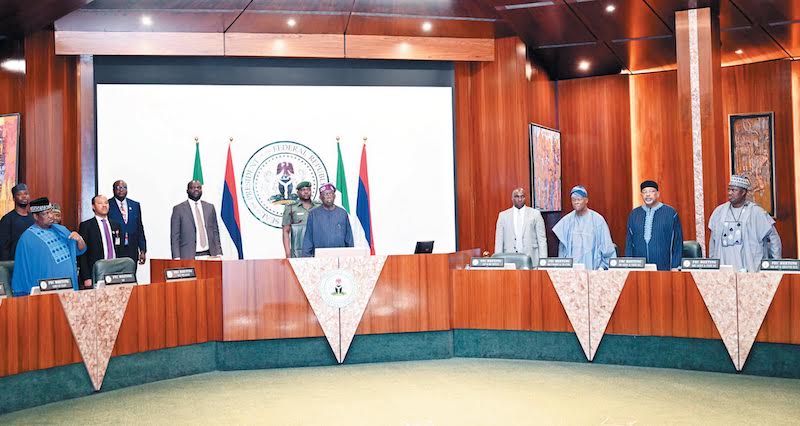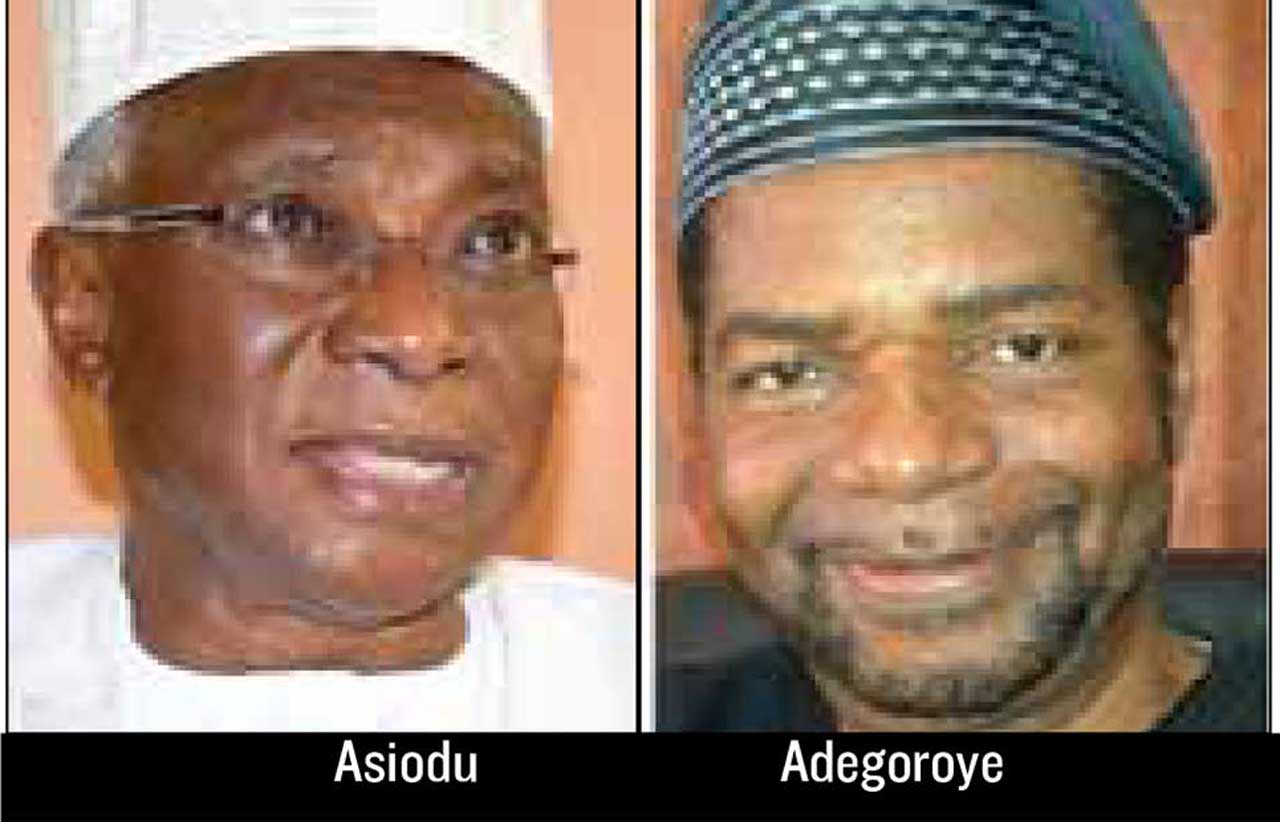
Governance focuses on the rules by which those who rule or rulers govern the ruled. These rules exist in all social and cultural contexts. They create incentives or motivations that work to enhance or undermine good governance in all these contexts—academia, military, religious, public, private or non-governmental sectors.
This poor understanding of the relationships between governance rules and the outcome in a society leads to serious outcomes that the citizens perceives. In most cases, the efforts by observers and active participants often focuses on these outcomes rather than the fundamental incentives that create them in the public or social arena.
I will do my best once every fortnight to try and illustrate how a better understanding of governance incentives can assist us to better understand why our systems of governance often with the best of intentions end up working in perverse rather than productive ways.
Political structure: Many observers of the events in Nigeria have spoken of the urgent need for restructuring of our political institutions. However, there are as many ideas as to what these should entail as there are proponents. Moreover, most of the proposals for change are not coming from any serious analysis of the incentives that the proposals would have for the various components in our federal society.
There is no doubt that the present political institutions create perverse incentives for the operations of our political system and they explain why the under-performance of these institutions at various levels have persisted in spite of the change of actors in the political leadership especially from 1966 when we had the first of several military coups that fundamentally changed the incentives structure bargained by the key political actors that led to our political independence.
The distinctive feature of the immediate independence constitution took cognisance of the reality of the composition of our society that it is a federal one. The constitution bequeathed to us by the military and their close collaborators who have dominated the corridors of power has sought to deny this reality by imposing on it a governance system that is for all intents and purposes unitary.
Federal arrangements or structures are created for nations that have a federal society…that is in which strong forces exist for unitarian governance but with also equal or almost equal forces to those that dictate separate existence as nations. When such nations come together they need to have a genuinely federal constitutional order that combines the two strands of separation and integration. No matter how long or what forces are used to compel such societies to work as an integrated entity the ultimate outcome would be the breakdown of this political system.
Several countries have experienced this in relatively recent times—-the Soviet Union broke up after many years of strong socialist/communist party propaganda and enforced unity in 1990. Similarly, Yugoslavia broke into its diverse parts after many years in 1992, with lots of suffering and bitterness that continue till today.
The Sudanese federation broke up in 2005 when the new nation of South Sudan was born. Before that, there was an East African federation that also broke up as a result of efforts to run it as a single national entity. Czech and Slovakia went their separate ways in 1992 after several years of trying to stay together as Czechoslovakia.
Not many countries have been as fortunate as these two European nations. Their economies received a boost respectively after they chose peaceably to go their separate ways by a referendum. Paradoxically these two nations cooperate more among themselves than when they were together as one nation.
There are three major problems of this misfit between the structure and the society that the structure seeks to govern.
First, the Federal Government has become so much stronger than the federating units because these units were progressively broken up into smaller units. There is a strong political pressure for more of these states to be created because local actors benefit in the easy money that these states represent.
And this is because of the second problem. The new structure of governing the federal system became increasingly dependent on the federal revenues especially gathered from an increasingly oil dependent economy, even though Africa’s largest.
More than 90 per cent of the government revenues come from this single source. This does not mean that other resources don’t exist but the states or units prefer to use the resources that have entered the formal sector while keeping the other sources exclusively to themselves. Ultimately, the federal unions fails and these fissiparous tendencies have become more widespread among Nigeria’s diverse ethnic nationalities. Northern, middle belt, south east, south west etc are all clamoring to secede from the Nigerian federation.
The third and most serious problem of this mismatch between the governing society and structure is ineffectiveness in the discharge of core functions of governance. These are namely security, basic community services that enable community cohesiveness and sustained poor economic performance judged by key economic indices such as the GDP (Gross Domestic Product) inflation and the purchasing power of the currency.
Nigeria had security problems in the past but nothing close to the spate in which insecurity has become an expression of the governance malfeasance…..banditry, terrorism, kidnapping with open demand for ransom payments that has become an industry of itself. Education, health, sanitation indices are in free fall so are the key economic indicators. The most annoying is the reality that as one of the largest producers of crude oil, the nation is still plagued with the mismanagement of the production and refining and sale of oil products with long vehicle queues for long periods of time.
To be continued tomorrow.
Prof. Olowu wrote from the Netherlands.






